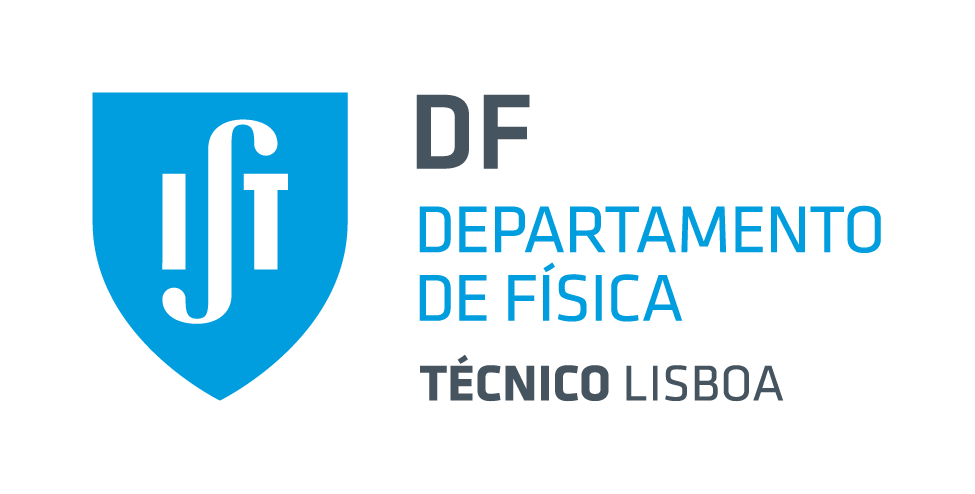Newsfrom our faculty members and students
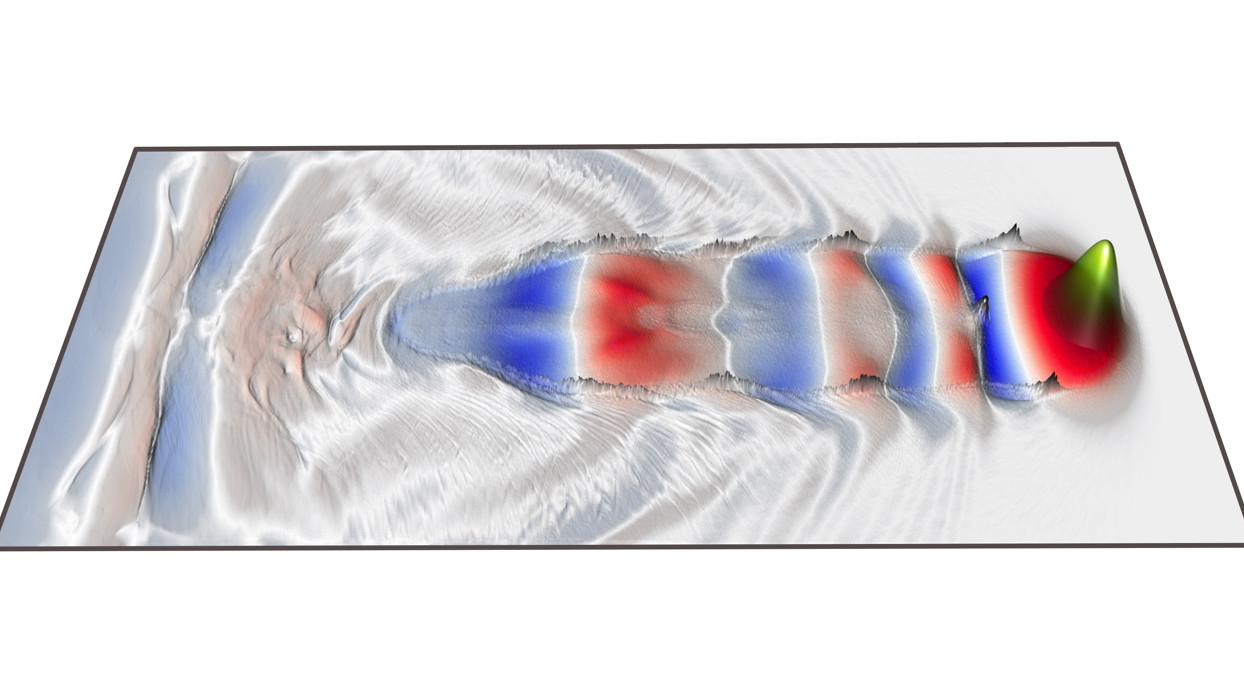
New mechanism converts x-rays into radio waves in a plasma
February 08 2021A new mechanism that explains how a dense flux of x-rays could generate radio waves in a plasma was discovered by IPFN researchers, in a work that stems from the thesis of APPLAuSE's former PhD student Dr Fabrizio Del Gaudio.
While propagating in a strongly magnetized plasma, energetic photons can set up a plasma wake, very much like a boat sailing on a lake. It was believed that only low energy photons, such as those in a laser pulse, could generate such waves in plasmas. This work now shows that through a quantum process called Compton scattering, energetic photons are also able to knock the electrons away from their equilibrium position, leading to the formation of a plasma wake. When the wake moves away from the magnetized region, it can be converted into pure electromagnetic waves. The researchers conjecture that this mechanism can also be present in astrophysical objects such as magnetars – neutron stars with extremely powerful magnetic fields – or gamma-ray bursts. Recent astronomical observations indicate that the puzzling radio bursts that have been detected since the 1960’s are associated with neutron stars, thereby consolidating the plausible explanation suggested by the researchers.
The work was done in the scope of the InPairs project, a European Research Council grant, and the simulations were performed on the supercomputer MareNostrum 4 based in Barcelona.
More details in
F. Del Gaudio, R. A. Fonseca, L. O. Silva, and T. Grismayer, Plasma Wakes Driven by Photon Bursts via Compton Scattering Phys. Rev. Lett. 125, 265001 2020
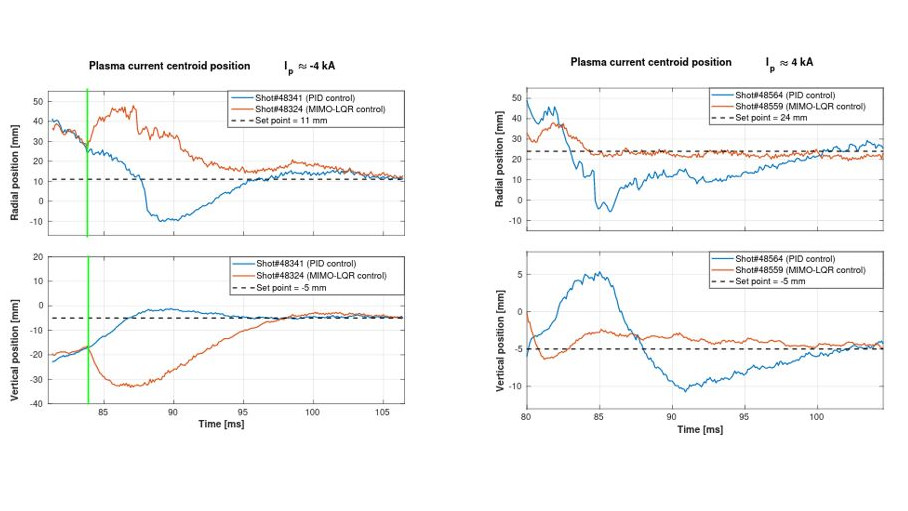
Doménica Corona receives PhD in Engineering Physics
February 05 2021On 26 January 2021, Dr. Lilia Doménica Corona Rivera received her PhD in Engineering Physics by Instituto Superior Técnico / University of Lisbon and University of Padova, with a co-tutored thesis entitled 'Tokamak Magnetic Control Simulation: Applications for JT-60SA and ISTTOK Operation.' Her work was supervised by Prof. Horácio Fernandes (IST), Prof. Alfredo Pironti (Univ. Federico II Naples, Italy) and Dr Nuno Cruz (IST).
The thesis committee consisted of Prof. Gianmaria De Tommasi (Univ. Federico II Naples, Italy), Prof. João Cardoso (FCT, Univ. Coimbra), Prof. Custódio Loureiro (FCT, Univ. Coimbra), Prof. Horácio Fernandes (IST) and Prof. Luís L. Alves (IST, President).
Congratulations Doménica !
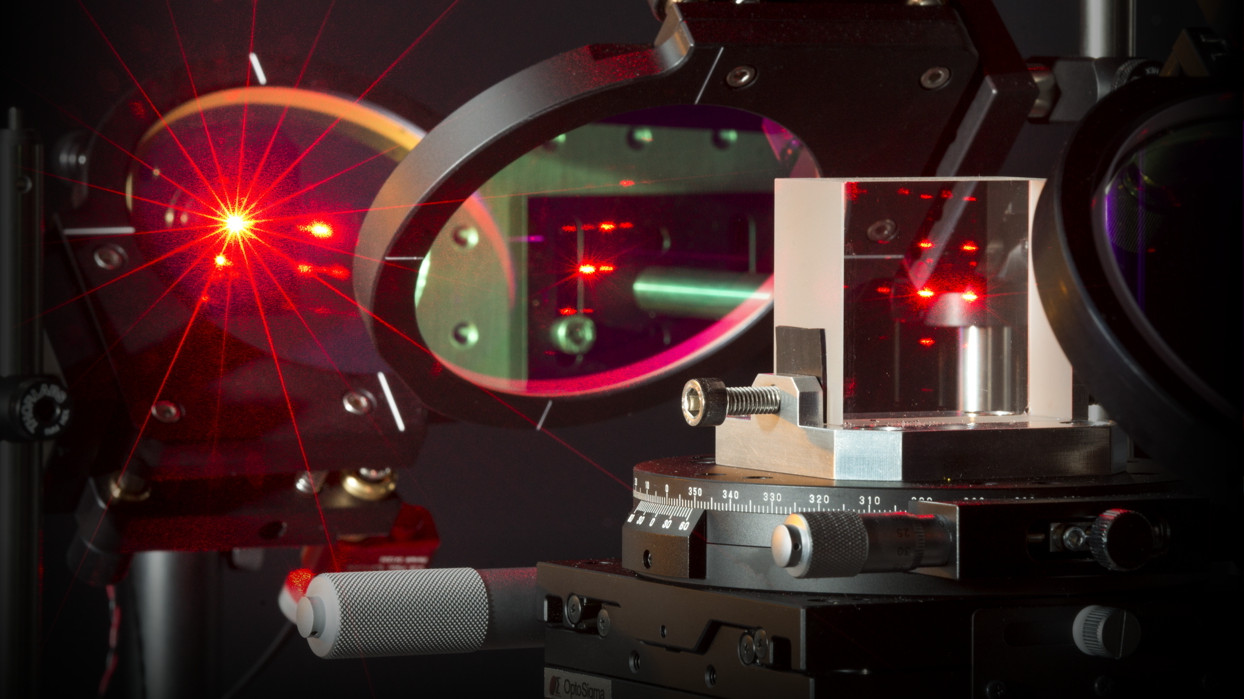
Work by Mario Galletti et al. featured on the cover of HPLSE
February 02 2021The paper “Ultra-broadband near-IR NOPAs based on the nonlinear crystals BiBO and YCOB” by former APPLAuSE's PhD student Mario Galletti et al. is featured on the cover of the latest issue of the journal High Power Laser Science and Engineering (HPLSE).
In this work, IPFN researchers from Universidade de Lisboa, in collaboration with colleagues from the Central Laser Facility, STFC, United Kingdom, consider two alternative crystals for both low- and high-energy, few-cycle optical parametric chirped pulse amplification: bismuth borate (BiBO) and yttrium calcium oxyborate (YCOB). The experimental work was performed at IST Laboratory for Intense Lasers (L2I), where they developed a noncollinear optical parametric amplification (NOPA) setup seeded by a continuum pulse generated from a sapphire plate, operating in the near-infrared region, in order to test each crystal. For a 5 mm YCOB crystal, they obtained an amplified bandwidth of 200 nm and a gain of ~100, and for a 2.5 mm BiBO crystal they obtained an amplified bandwidth of 240 nm and a gain of ~1000. These results are supported by their theoretical and numerical analysis of the nonlinear process and the “magic” noncollinear angle, which also corroborates the measured spectral profile. This is the first demonstration of both ultra-broadband OPA in BiBO in the near-IR wavelength range and the broadest bandwidth obtained using YCOB. These results are therefore of high interest to the laser developer community, highlighting promising alternatives to the commonly used nonlinear crystals.
More details in :
M. Galletti, H. Pires, V. Hariton, J. Alves, P. Oliveira, M. Galimberti and G. Figueira, Ultra-broadband near-infrared NOPAs based on the nonlinear crystals BiBO and YCOB High Power Laser Science and Engineering, Vol. 8, Issue 3, 2020.
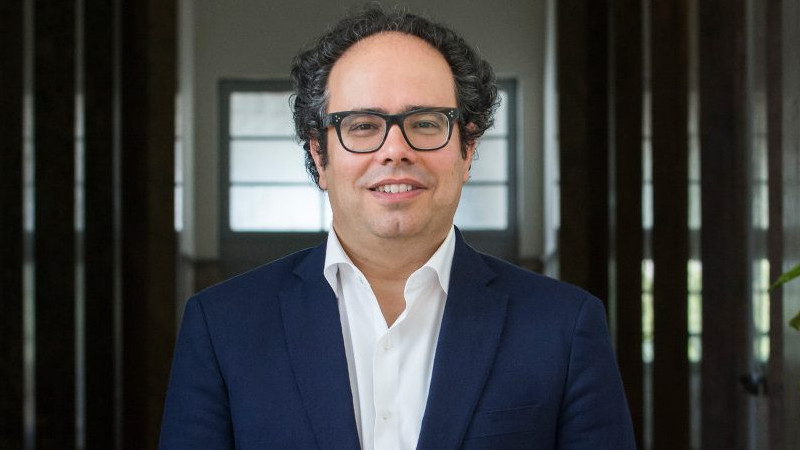
Professor Luís Oliveira e Silva elected President of the School Council of IST
February 01 2021Luís Oliveira e Silva, professor at the Department of Physics and member of the Scientific Domain of Plasmas, Lasers and Nuclear Fusion, was elected President of the School Council of Instituto Superior Técnico (IST), on 27 January 2021.
The School Council is the IST institution for the strategic decision making and the monitoring of law enforcement, Statutes and mission fulfilment at IST.
This is a highly prestigious position and we congratulate Prof. Luís Silva for this election !
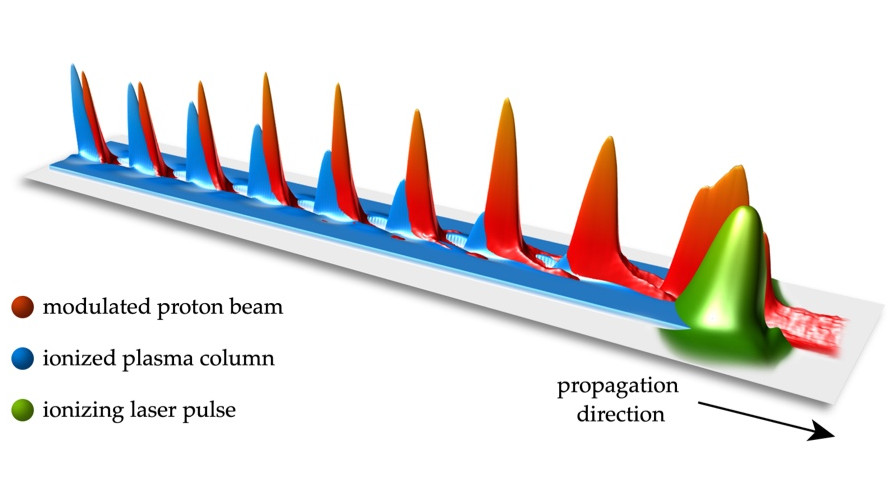
Anton Helm receives PhD in Physics
January 21 2021On 21 January 2021, Dr. Anton Helm received his PhD in Physics with a thesis entitled 'Ultra-fast plasma based acceleration modelling: on reduced algorithms to predict the future generation of particle accelerators'. His work was supervised by Prof. Ricardo Fonseca (ISCTE and IST), Prof. Jorge Vieira (IST) and Prof. Warren Mori (UCLA, CA-USA).
The thesis committee consisted of Dr. Jens Osterhoff (DESY, Germany), Prof. Eduardo P. Alves (UCLA, CA-USA), Prof. Marta Fajardo (IST), Dr Marija Vranic (IST), Prof. Ricardo Fonseca (ISCTE and IST) and Prof. Luís L. Alves (IST, President).
Congratulations Anton !
